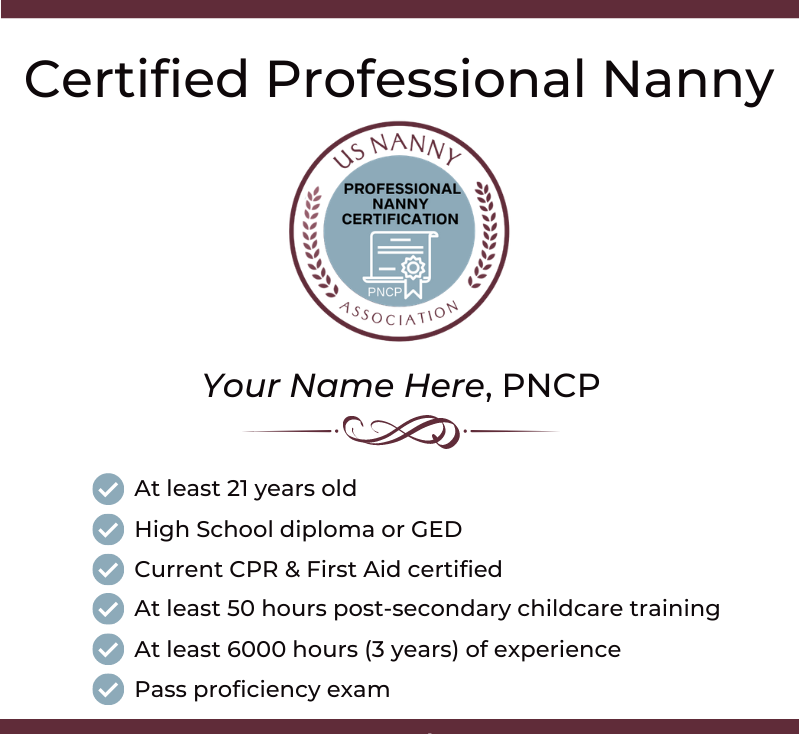Mastering Time Management: Achieving Productivity and Balance
As a nanny, you play a crucial role in a child’s growth and well-being. But being a nanny involves juggling various responsibilities and requires exceptional time management skills. Let’s explore the significance of time management for nannies, provide practical tips, and show you how effective time management can lead to a fulfilling and balanced career.
Section 1: Why Time Management Matters for Nannies
1.1. Ensuring Child Development
Effective time management is essential for a child’s development. It means allocating time for educational activities, play, and routines that cater to their physical, emotional, and cognitive needs.
1.2. Balancing Responsibilities
Nannies have many responsibilities, from meal preparation to household chores and transportation. Time management allows you to balance these tasks efficiently, creating a harmonious environment for both the children and their parents.
1.3. Professional Growth
Mastering time management is not just about reputation-building. It opens up opportunities for career advancement and personal satisfaction.
Section 2: Practical Tips for Nannies
Here are some practical tips for excelling in time management:
2.1. Create a Daily Schedule
Start each day with a clear schedule that outlines caregiving tasks, educational activities, meal times, and chores. Having a visual roadmap helps you stay organized and on track.
2.2. Prioritize Tasks
Identify the most important tasks and prioritize them. Focus on activities that directly contribute to the child’s development and well-being, giving them the attention they deserve.
2.3. Time Blocking
Use time-blocking techniques to allocate specific time slots for different tasks. For example, dedicate the morning to educational activities, the afternoon to chores, and the evening to quality time with the child.
Section 3: Achieving Work-Life Balance
3.1. Set Boundaries
Establish clear boundaries between work and personal life. When the workday ends, disconnect and recharge to maintain a healthy work-life balance.
3.2. Delegate When Possible
If parents or other family members can help with certain tasks, don’t hesitate to delegate responsibilities. Sharing the workload can lighten your burden and create more time for meaningful interactions with the child.
3.3. Self-Care
Prioritize self-care to avoid burnout. Regular exercise, relaxation techniques, and personal time are essential for maintaining physical and emotional well-being.
By mastering time management, you can excel in your role as a nanny and create a nurturing and fulfilling environment for the children you care for. You are not just a caregiver but also a mentor, a role model, and a source of stability in their lives. Your ability to manage time effectively impacts their development and sets the stage for a successful and harmonious caregiving experience. With dedication, organization, and a focus on well-being, you can thrive in your profession and enrich the lives of the children and families you serve.
If you are interested in more article and resources that help parents and nannies, join the US Nanny Association. The Association operates as a non-profit, so membership fees go to operating costs.

We want to thank all the nannies, advocates and business leaders who provide practical tips and insight to elevate our industry. Thank you for sharing your expertise.
The US Nanny Association issues the highest certification requirements in our industry as they require training, work experience, passing an industry exam, a background check and current CPR and First Aid:
- Certified Nanny
- Certified Newborn and Infant Professional
- Certified Professional Nanny
